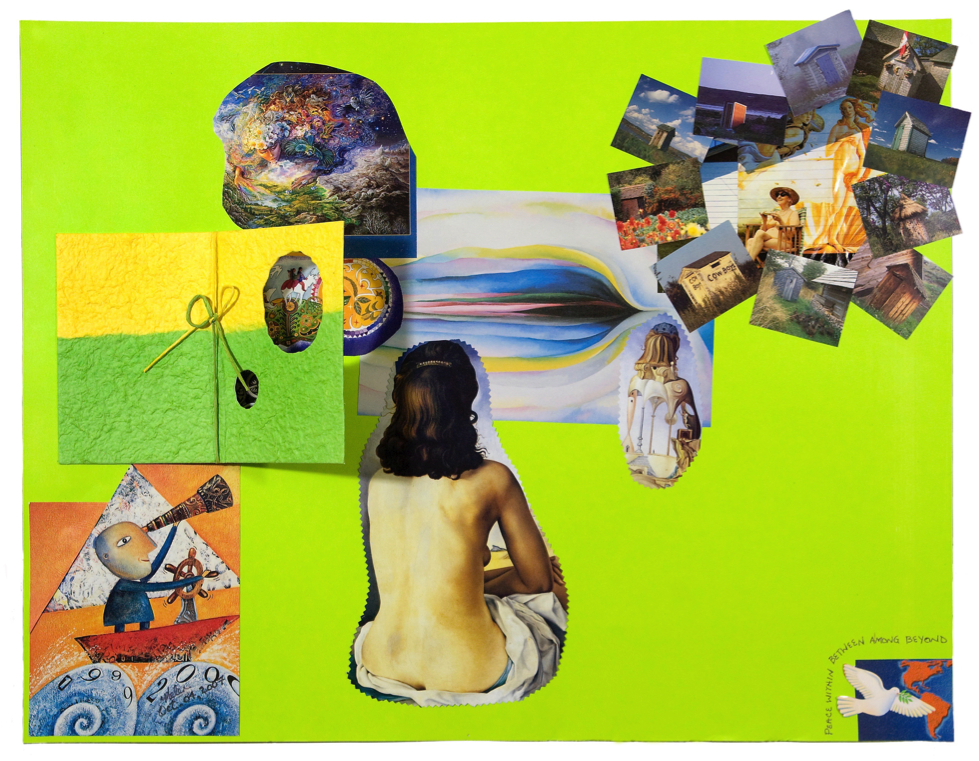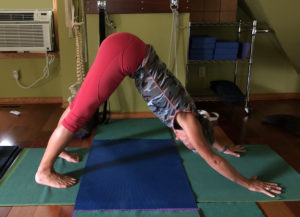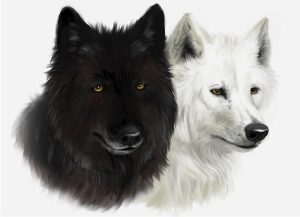Over the span of my consulting career, I met several people who illustrated the ability to envision new opportunities within environments where deadends were all that seemed possible. In essence, these individuals used their intuition to disrupt existing limitations and create new directions.
Interestingly, this was long before I understood what intuition was or had the language to explain its presence. At the time, I told them they had the “Einstein brain” — the capacity to see patterns among seemingly unrelated things, events and people. And, it was these patterns or new relationships that allowed them to innovate. Upon hearing these words, they would immediately nod in agreement. They understood their gift or “genius” was responsible for their creative success.
As recent as 20 years ago, the business literature debated whether this gift of “creative vision” was a trait only available to leaders — the elite group of that day responsible for setting direction and making decisions. Today, we understand this genius to be intuition — the ability to acquire knowledge without proof, evidence, or conscious reasoning, or without understanding how the knowledge was acquired. Fortunately, we also know that the genius of intuition is a skill available to everyone. And as with any skill, all we require to become proficient is practice.
Having spent the past 20 years listening to and acting on my intuition, my direct experience supports this practice axiom. Indeed, there is a direct relationship between my willingness to trust my intuition and my ever-expanding capacity to solve problems and be creatively productive in the world.
What intrigues me about fully developing one’s intuition is where it could lead. For instance, other synonyms for intuition include sixth sense, gut feeling, hunch, clairvoyance, second sight, illumination, ESP, premonition and prophecy. As an example of these mysterious, even mystical, aspects of intuition, my early days of its practice provided glimpses of how we (humanity) are merely swimming on the surface of possibility. These glimpses hinted at much more to be known.
As with all new experiences, there is a caveat: to fully experience intuitive potential requires taking a risk and trusting our hunches. Intuition allows us to solve problems without relying only on facts gathered from the past. Thus, we need to continually dive into deeper layers of the murky unknown that constitutes the adventure we euphemistically call life. Consequently, I have a gut feeling that strengthening our intuitive muscle is the collective tipping point for human evolution.
Intellect is blind, it knows not how to deal with the new. It always brings the old answer to the new question. … Intuition is your consciousness, your being. Intellect is your mind. Instinct is your body. Science has stopped at intellect—that’s why it cannot figure out anything about consciousness. Osho
If, as Osho suggested, living in the state of intuition is one of the ultimate aims of humanity, then how do we go about doing this? In my case, a daily meditation practice expanded my intuitive capability to include poetry, premonition and peaceful contentment. If you are seeking to explore or reclaim your creative potential and live in your genius or just want to feel more confident in the daily choices confronting you, start meditating. You’ve got nothing to lose, but quite possibly everything to gain.





